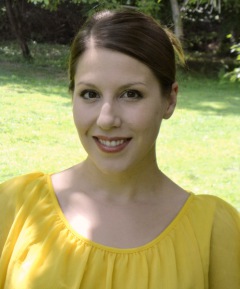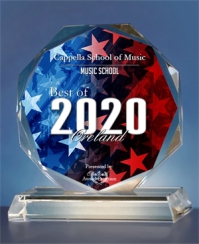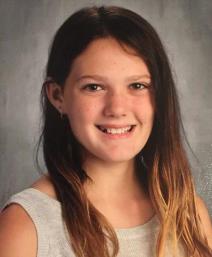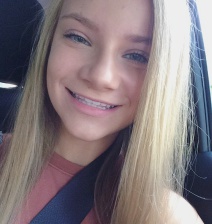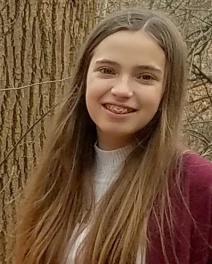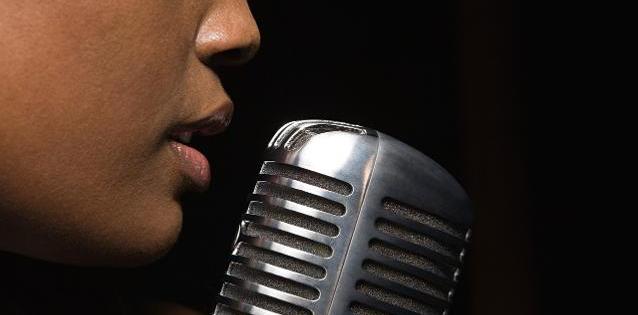
Music Therapy with Marissa McIlhinney MT-BC
The Cappella School of Music is very happy to welcome Board Certified Music Therapist Marissa McIlhinney to our great staff. Marissa will be working with many families from our area to develop a music therapy program to aid in the emotional, cognitive and physical development of many members of our community.
What is Music Therapy? - In layman’s terms, music therapy is the process of using music and music making as a tool in the attainment of desired outcomes of personal growth in any one of a number of areas. The American Music Therapy Association defines it this way:
"music therapy is the clinical and evidence based use of music interventions to accomplish individualized goals within a therapeutic relationship by a
credentialed professional who has completed an approved music therapy program.”
Music therapy can be used for developing better skills in self-expression, better fine and gross motor skills, social and spatial awareness, better vocalization skills, developing a stronger sense of
self-esteem, or simply more confidence. It can be used recreationally as a means of expressing one’s creative side or of developing creative writing and thinking skills. It can also be
the focusing agent for interactions between people and in helping the participants develop better skills sets for social and working interactions with others.
Why Music? - Music is truly the universal language. Our ability to make sounds and shape sounds rhythmically and melodically pre-dates language itself. In other words, before we were talking with each other, we were undoubtedly directing music toward each other. Recent studies of brain activity have demonstrated conclusively that when people speak, the language centers of their brain “light up.” When they perform a physical activity, motor centers are engaged. When we compute a math problem, those centers of the brain take charge. But, when we play or listen to music, the entire brain lights up. Every center is engaged and along with that we get the endorphin stimulation that just makes us feel good. Another way of understanding this is to see that when the entire brain is engaged, there are suddenly many paths and many possible “wirings” of the brain, allowing us to interact with our world much more fully than we might if we were only using one of our brain’s centers.
Who Participates in Music Therapy? - In truth, a music therapy program can be developed for anyone and is developed on an individual basis to suit individual needs. Frequently, music therapy is utilized for a person living with emotional, cognitive, social or physical limitations, with the intention that he or she will see an improved quality of life through engagement in a tailored program involving music.
How does a Music Therapy Program Work? - As mentioned above, each program is developed to suit the individual needs of the participants. But, speaking generally, a music therapy program uses improvisation, vocalization, positive reinforcement, listening to live and recorded music, and song writing as tools to stimulate the participant’s engagement with the world. Long and short term goals are laid out and worked toward, with regular communication between the facilitator and the parents or care givers.
Is Music Therapy Just For Kids? - No! Music is for everyone. Music should be a part of everyone’s life and no one should be denied the opportunity to make their own music. And, just like music itself, music therapy is also for everyone, and can be seen as beneficial to people of all ages, living with varying emotional, cognitive and physical abilities.
Marissa McIlhinney - Marissa is a 2009 graduate of Mansfield University with her Bachelor’s Degree in Music Therapy. She has had four years of clinical experience with early intervention pre-schoolers, elementary through high school age adolescents and teens, and adults living with developmental disabilities, behaviorial and emotional needs, as well as geriatrics living with Alzheimer’s and dementia. She received her Music Therapy Board Certification in March of 2010.
How do we start? - Call Cappella Director Geoff Hansplant at 215-233-8933 and we’ll discuss your needs and how we might meet them.
Be sure to watch the video on How Playing an Instrument Benefits Your Brain on our NEWS page!!
Return to our Home page
